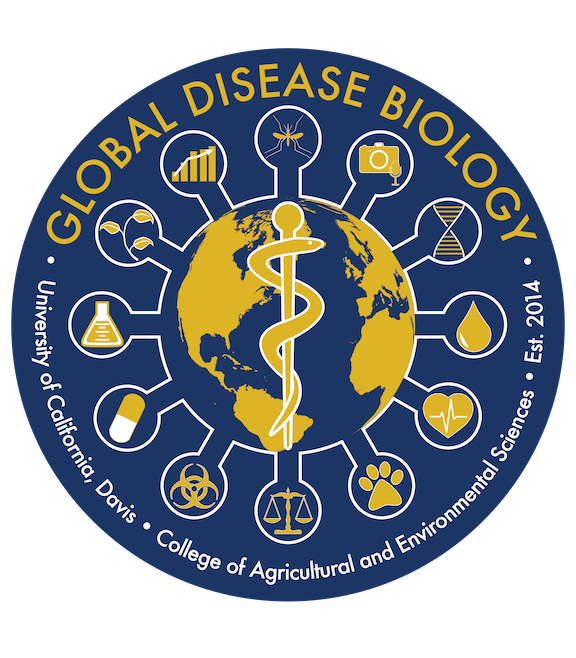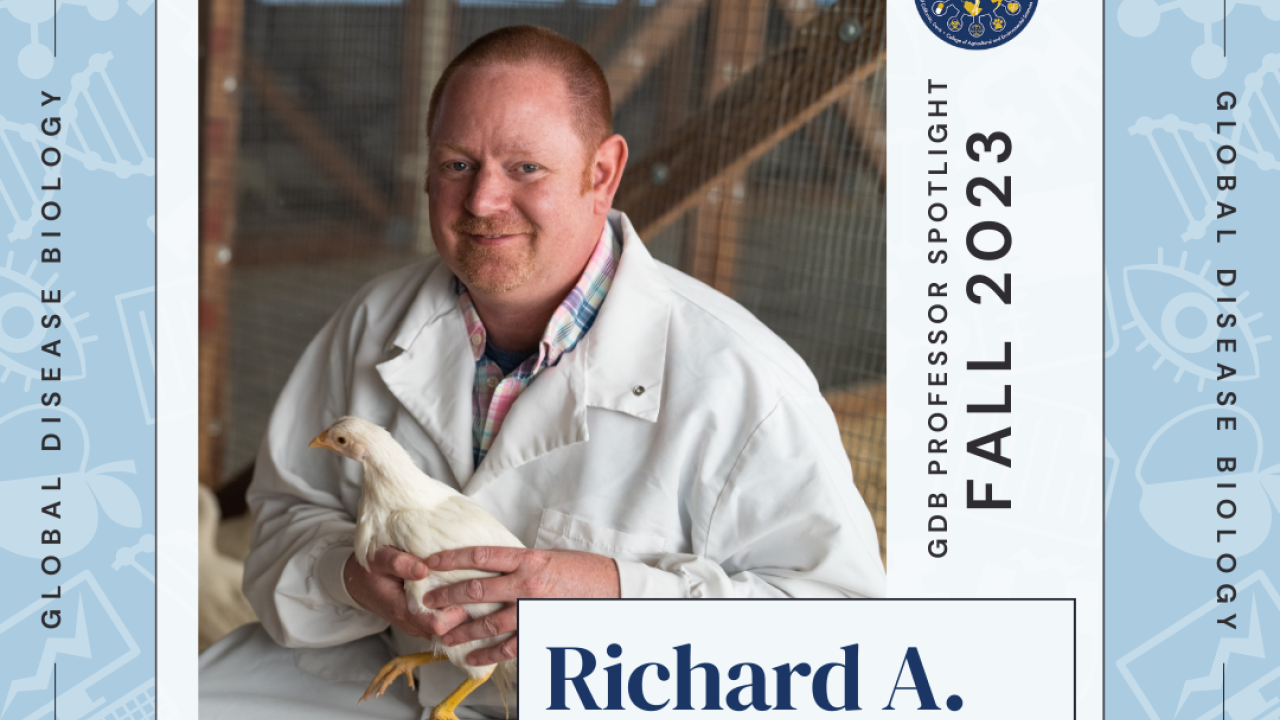
Professor Spotlight (Special Edition) Fall 2023: Richard A. Blatchford
This is a special pride month edition in our Professor Spotlight Series! Check out the other faculty and grad students featured in our June Pride Month Spotlight on our blog!
Dr. Blatchford is an Associate Specialist in Cooperative Extension: Small to Industry Scale Poultry. He researches husbandry, behavior, and welfare of small to large scale poultry operations; effects of housing design and management techniques on laying hens and broilers; development of on-farm assessment tools. He is also involved in the Animal Biology Graduate Group and the Avian Sciences Graduate Group.
How did you decide to study animal science, specifically poultry production?
I grew up in a very urban area near Boston, MA, and did not know anything about agriculture. I did, however, have backyard chickens growing up, and always wanted to work with animals. As an undergrad, I learned more about animal behavior and became very interested in captive management. After graduating, I worked in conservation through captive management of endangered avian species, including reintroduction projects of Whooping Cranes and Siberian Cranes. I ended up coming back to school for an MS degree, and worked in a lab that primarily worked with poultry. It was then that I was exposed to agriculture and commercial poultry production. Learning that you could work with poultry for a career had me hooked, and here I am today.
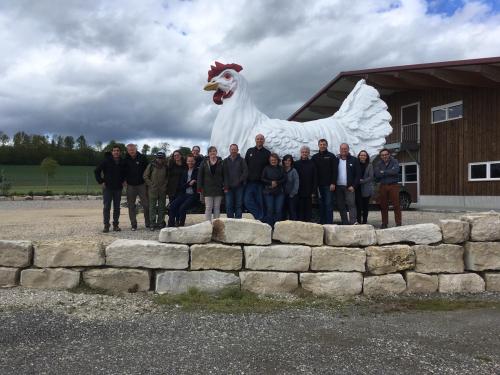
What drove you to pursue a masters and PHD, and how did those degrees shape your career path?
After getting my BA, I spent a couple of years interning at various conservation organizations, including the International Crane Foundation and the Wildlife Conservation Society. I was on the track to becoming a zoo keeper, but wanted to do more research, so I decided to get an MS degree. Once in grad school, I discovered how much I love research, and that I could work with chickens! So I stayed to do a PhD. My grad school time changed the trajectory of my career path (I think for the better!).
Besides being a professor, what are some outside hobbies that you enjoy right now?
I really like spending time outdoors and hiking. I have two children that I love to teach about the natural world and especially birds!
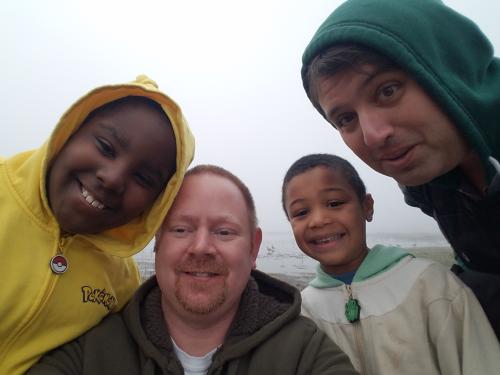
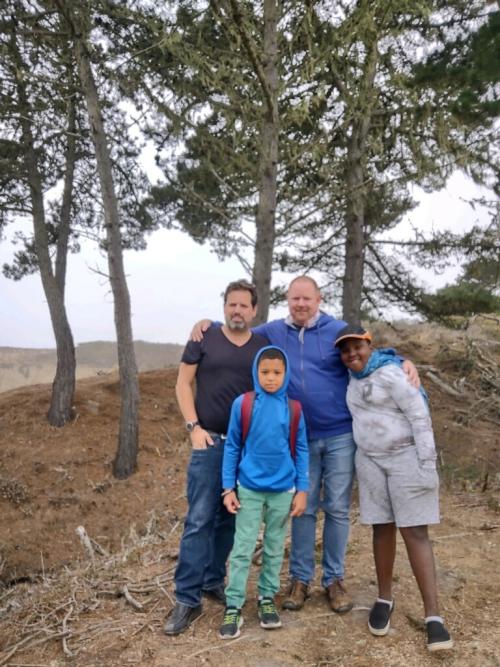
Can you share some of your experiences as a member of the LGBTQ+ community in academia?
Being a member of the LGBTQ+ community can be difficult in academia. Many under-represented groups are tracked by academia, but not typically the LBGTQ+. That has made it feel isolating and invisible at times. However, I think that academia is overall a supportive and safe environment. Universities are much better at providing support for students now, and provide opportunities for networking and social support. As a faculty member, I have faced discrimination, but I have used those experiences to become a driver of change, and increase visibility of the LGBTQ+ community in the sciences, particularly in Animal Sciences as that is my department.
What advice would you give to an LGBTQ+ student pursuing a career in teaching and/or research?
My advice, although it sounds cliché, is to be your true self. Find a support system, and be brave. I have found that many situations I was nervous about turned out to be great, and the support system I had helped me to overcome the anxiety. If you can find a mentor, especially a faculty member, that is great. Don’t be afraid to approach us, I think most faculty are happy to have conversations.
What is the best piece of advice anyone has given you?
As a senior undergrad, I was talking to a faculty mentor about grad school, and how I wasn’t sure about going. They told me, “If you don’t know, don’t go.” I took their advice, and went out into the world to discover what my passion truly is. And I found it! Our life paths are rarely straight lines, including career paths, and it is important to do something with your life that you are passionate about.
